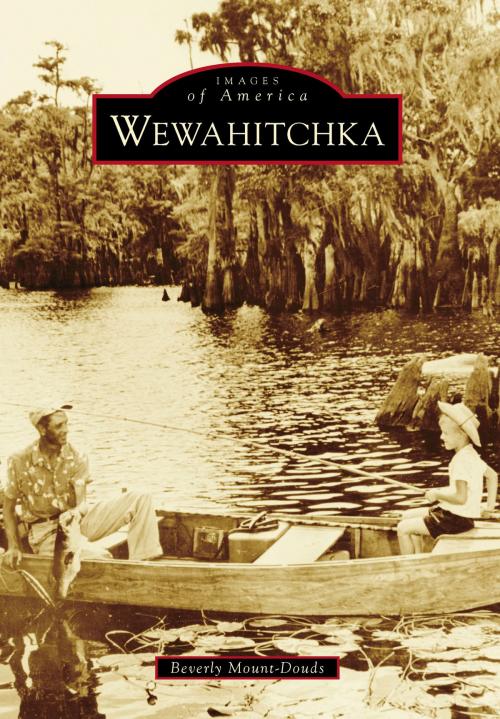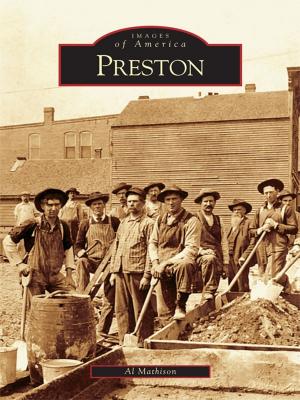| Author: | Beverly Mount-Douds | ISBN: | 9781439651919 |
| Publisher: | Arcadia Publishing Inc. | Publication: | June 15, 2015 |
| Imprint: | Arcadia Publishing | Language: | English |
| Author: | Beverly Mount-Douds |
| ISBN: | 9781439651919 |
| Publisher: | Arcadia Publishing Inc. |
| Publication: | June 15, 2015 |
| Imprint: | Arcadia Publishing |
| Language: | English |
When pioneers first came to the territory now known as Wewahitchka, they were welcomed by Native Americans, but the natives' resistance grew when their land and hunting grounds were threatened. As a result of this turmoil, many lives were lost. Gen. Andrew Jackson made three trips to the Florida Territory. One such visit brought him to the Wewa-Iola area, where he took advantage of the interpretation skills of the pioneering George Richards and his family. Thomas Richards later served as an Indian Agent, and along with his brother Andrew and several others, they built a fort on the banks of the Dead Lakes. In 1872, Dr. John Keyes moved to the Wewa area and planted pecan, pear, and orange trees. Dr. Keyes referred to the two lakes as "Alice" and "Julia" after his two daughters. Around 1875, residents decided to call the town Wewahitchka, meaning "water eyes," in honor of the lakes in the center of the settlement.
When pioneers first came to the territory now known as Wewahitchka, they were welcomed by Native Americans, but the natives' resistance grew when their land and hunting grounds were threatened. As a result of this turmoil, many lives were lost. Gen. Andrew Jackson made three trips to the Florida Territory. One such visit brought him to the Wewa-Iola area, where he took advantage of the interpretation skills of the pioneering George Richards and his family. Thomas Richards later served as an Indian Agent, and along with his brother Andrew and several others, they built a fort on the banks of the Dead Lakes. In 1872, Dr. John Keyes moved to the Wewa area and planted pecan, pear, and orange trees. Dr. Keyes referred to the two lakes as "Alice" and "Julia" after his two daughters. Around 1875, residents decided to call the town Wewahitchka, meaning "water eyes," in honor of the lakes in the center of the settlement.















